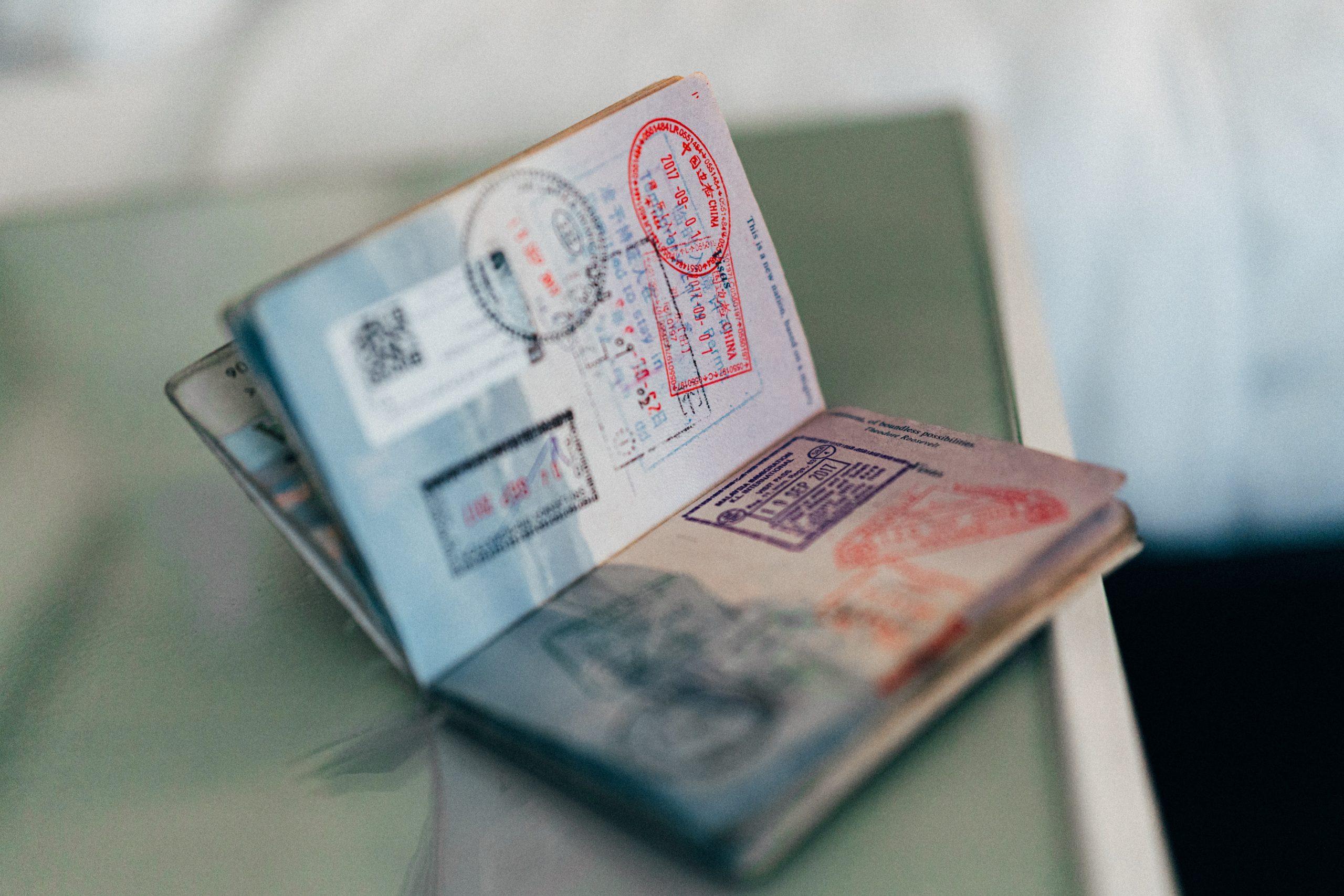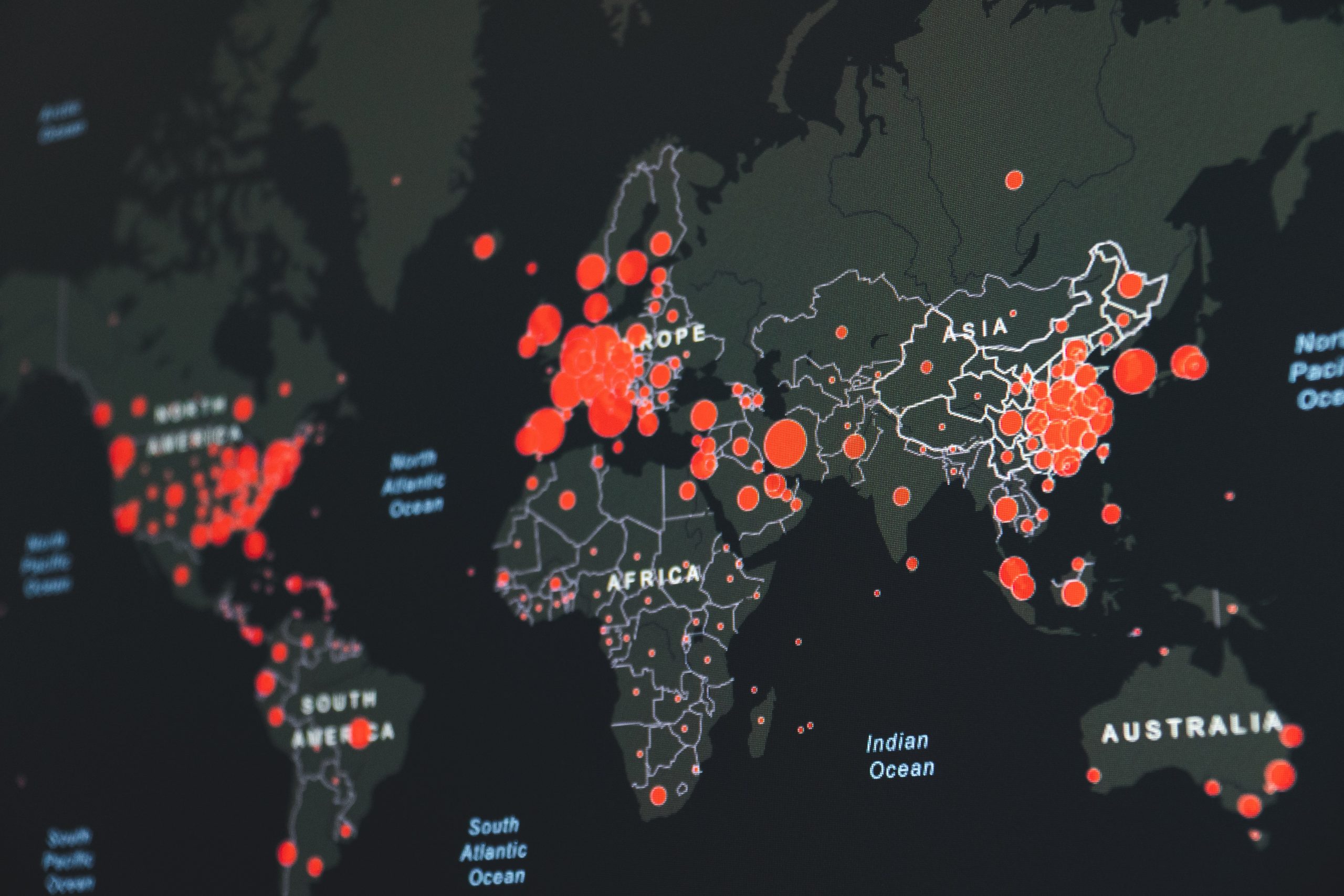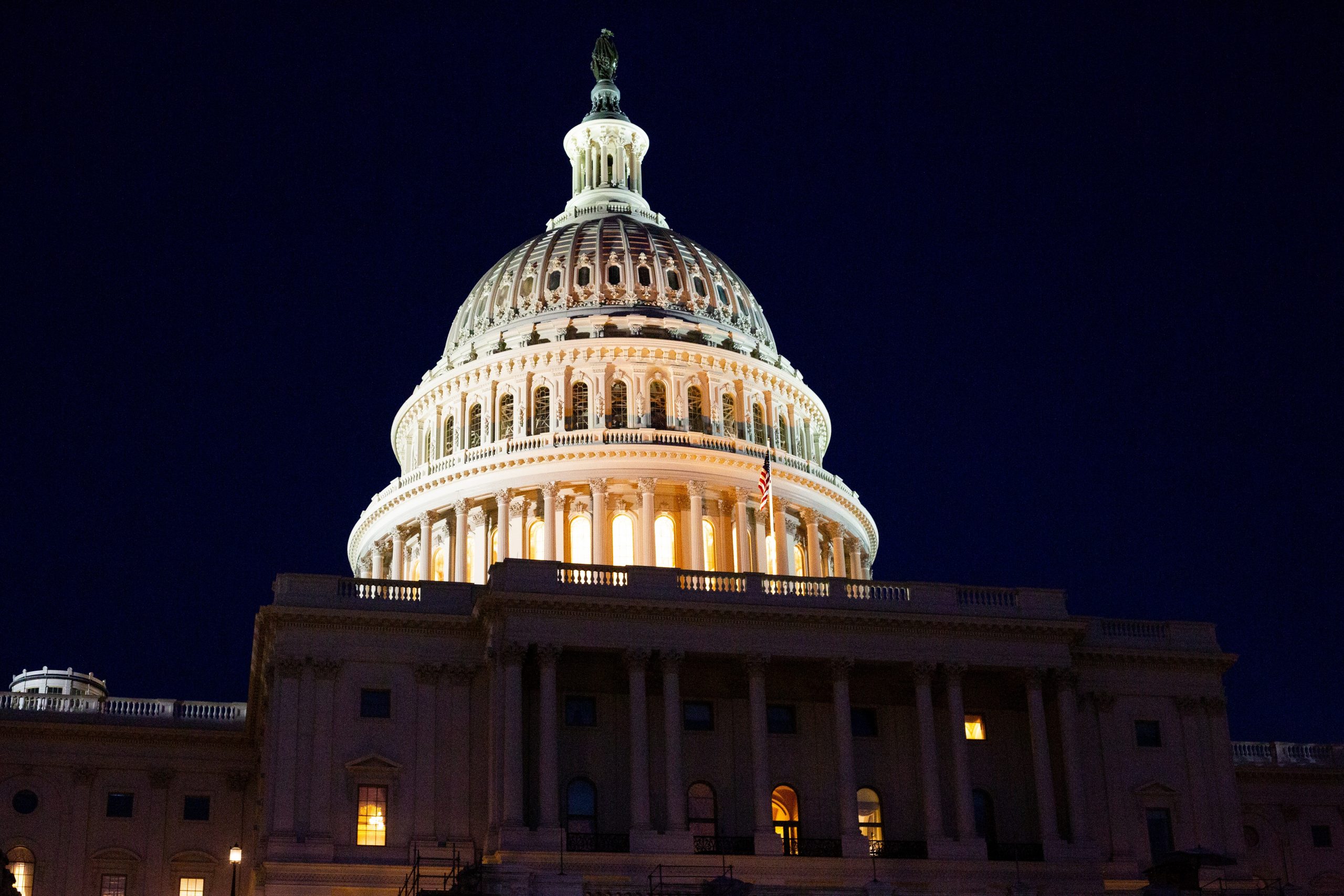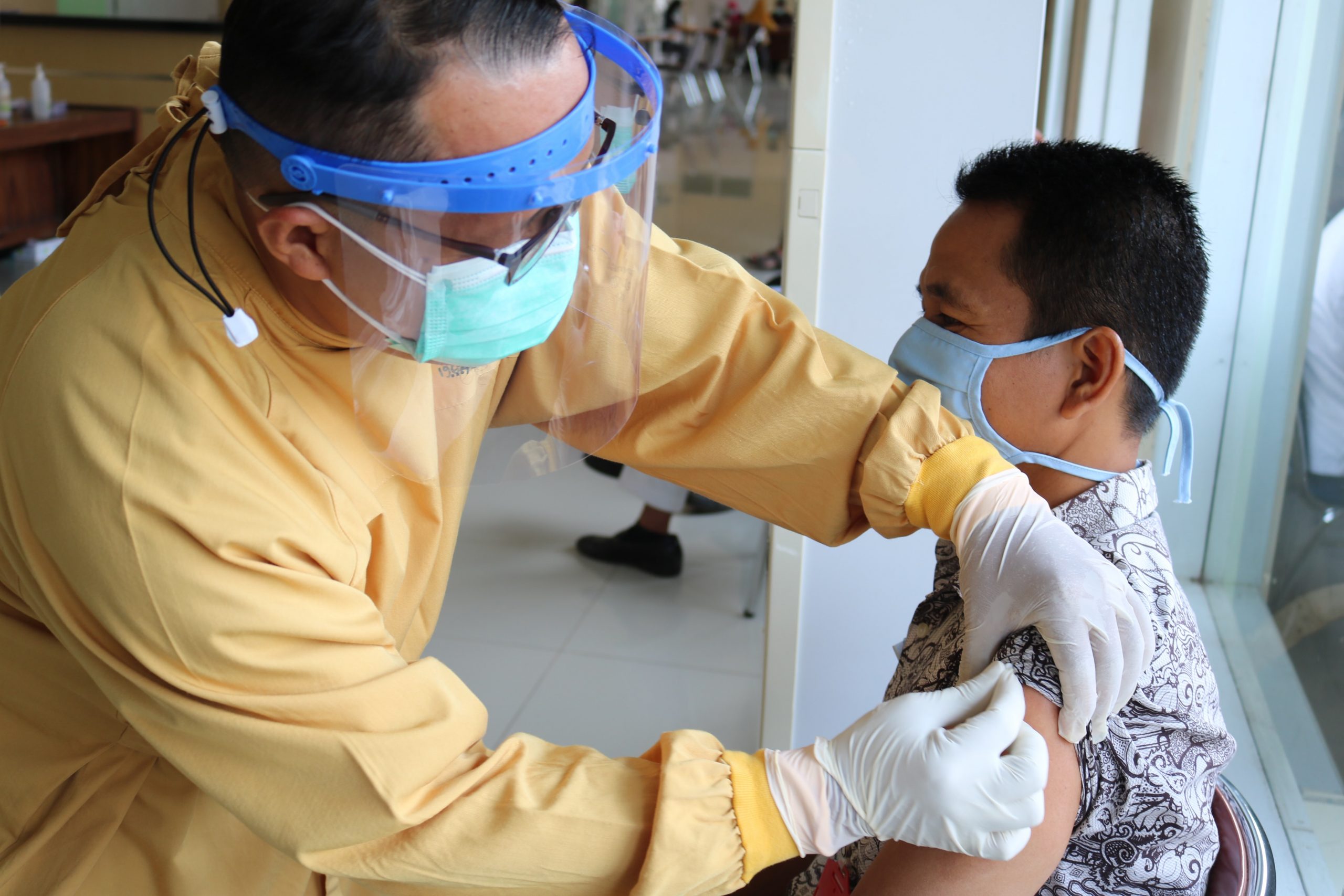It is that time of the month again! In this blog post, we will cover the release of the January Visa Bulletin 2022 and what you can expect for employment based and family preference categories during the month of January 2022.
The Department of State releases the visa bulletin on a monthly basis, which summarizes the availability of immigrant visa numbers for that particular month. The “Final Action Dates” and “Dates for Filing Applications,” charts indicate when immigrant visa applicants should be notified to assemble and submit the required documentation to the National Visa Center.
Adjustment of Status Filings for those lawfully residing in the United States
In general, if USCIS determines there are more immigrant visas available for a fiscal year than there are known applicants for such visas, the agency will provide instructions on the www.uscis.gov/visabulletininfo webpage that applicants may use the Dates for Filing chart. Otherwise, USCIS will indicate that applicants must use the Final Action Dates chart to determine when they may file their adjustment of status application with USCIS. If a particular immigrant visa category is “current” on the Final Action Dates chart or the cutoff date on the Final Action Dates chart is later than the date on the Dates for Filing chart, applicants in that immigrant visa category may file using the Final Action Dates chart during that month.
Adjustment of Status Filing Chart January 2022
For Family-Sponsored Filings:
Pursuant to guidance released by USCIS, in the F2A category, there is a cutoff date on the Dates for Filing chart. However, the category is “current” on the Final Action Dates chart. This means that applicants in the F2A category only may file using the Final Action Dates Chart in the Department of State Visa Bulletin for January 2022.
For all other family-sponsored preference categories, applicants must use the Dates for Filing Chart in the Department of State Visa Bulletin for January 2022.
For Employment-Based Preference Filings:
All applicants, except EB-5 Regional Center, falling under employment-based preference categories, must use the Dates for Filing chart in the Department of State Visa Bulletin for January 2022. This means that USCIS will accept employment-based adjustment of status applications (except EB-5 Regional Center) with a priority date that is earlier than the Dates for Filing listed in the November Visa Bulletin.
NOTE: USCIS will not accept any new employment-based fifth preference adjustment of status applications based on the Regional Center Program until that program is reauthorized by Congress.
 Visa Lawyer Blog
Visa Lawyer Blog












